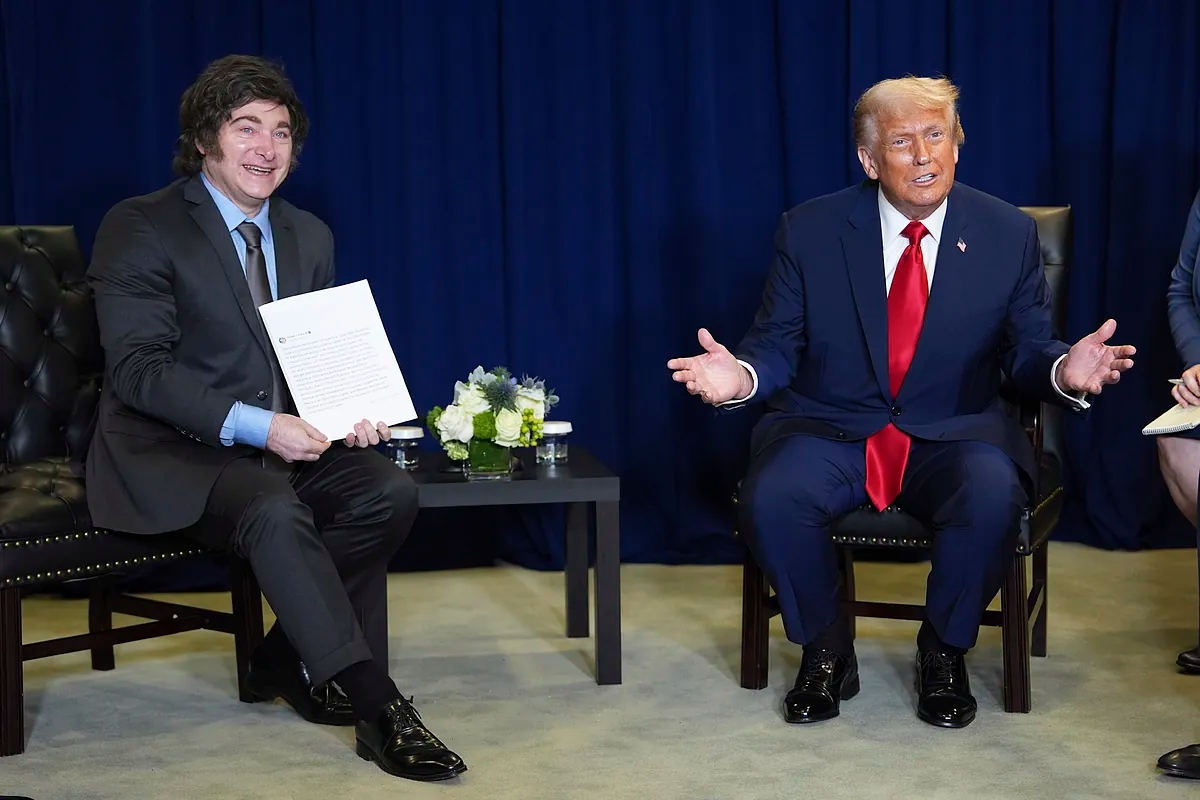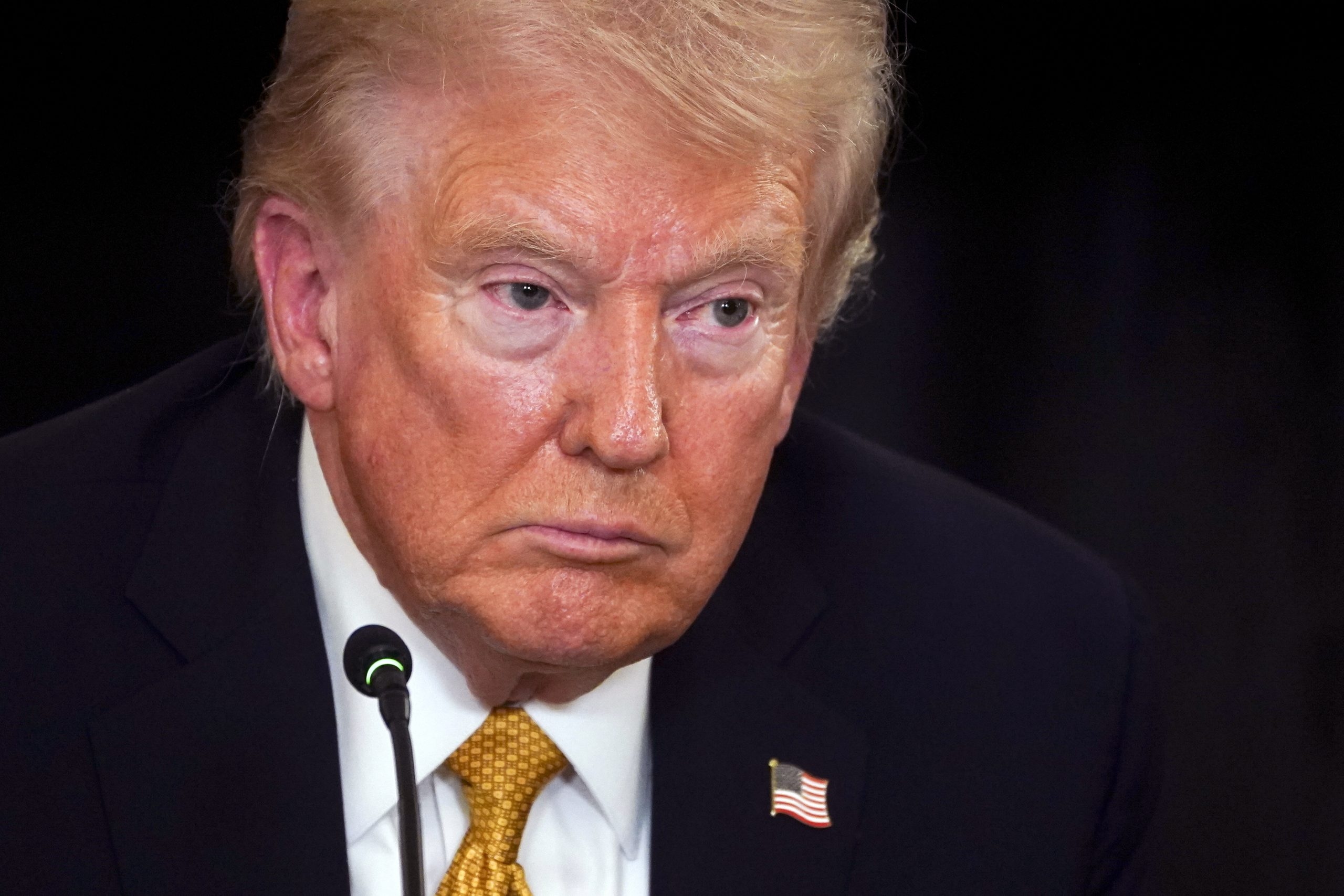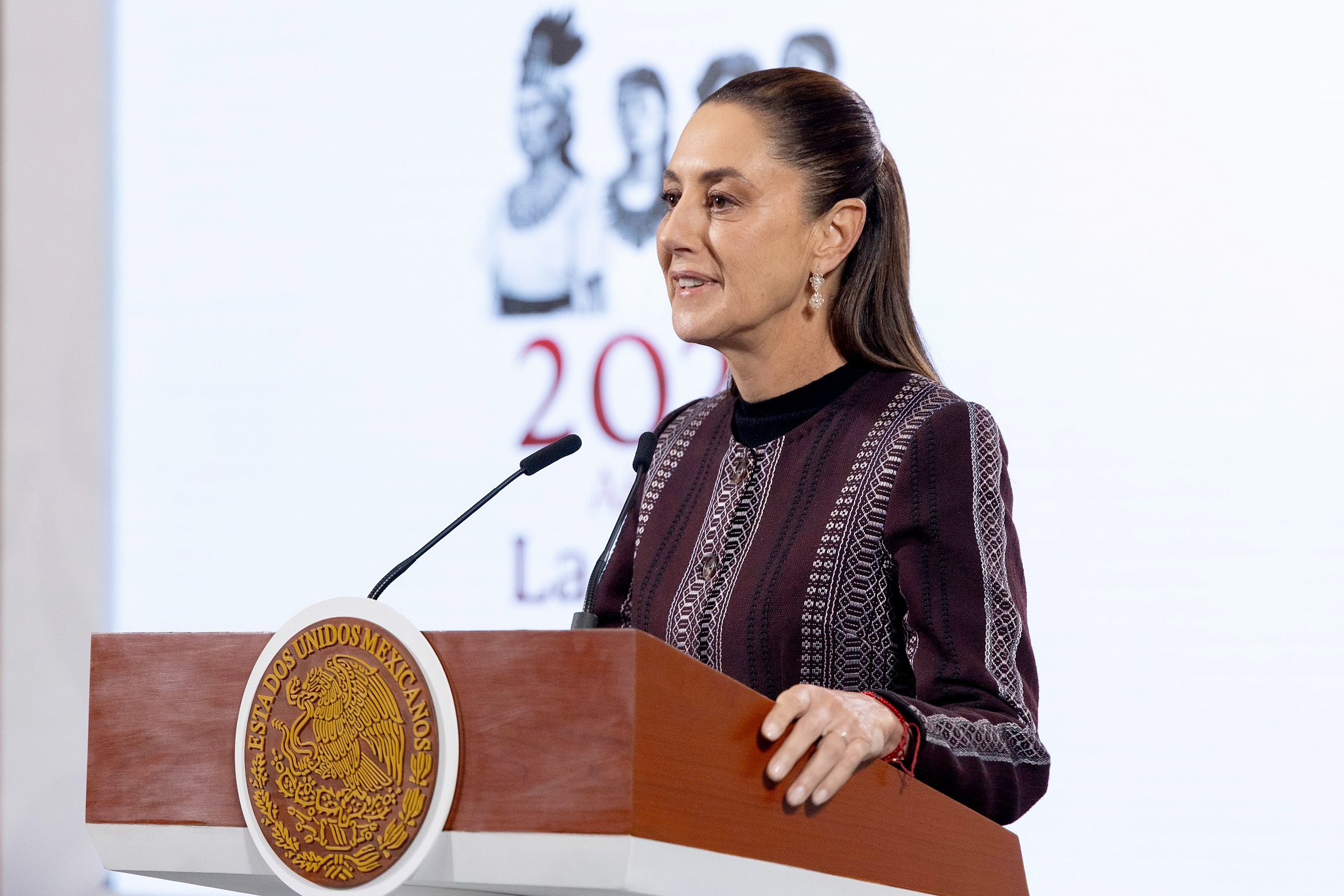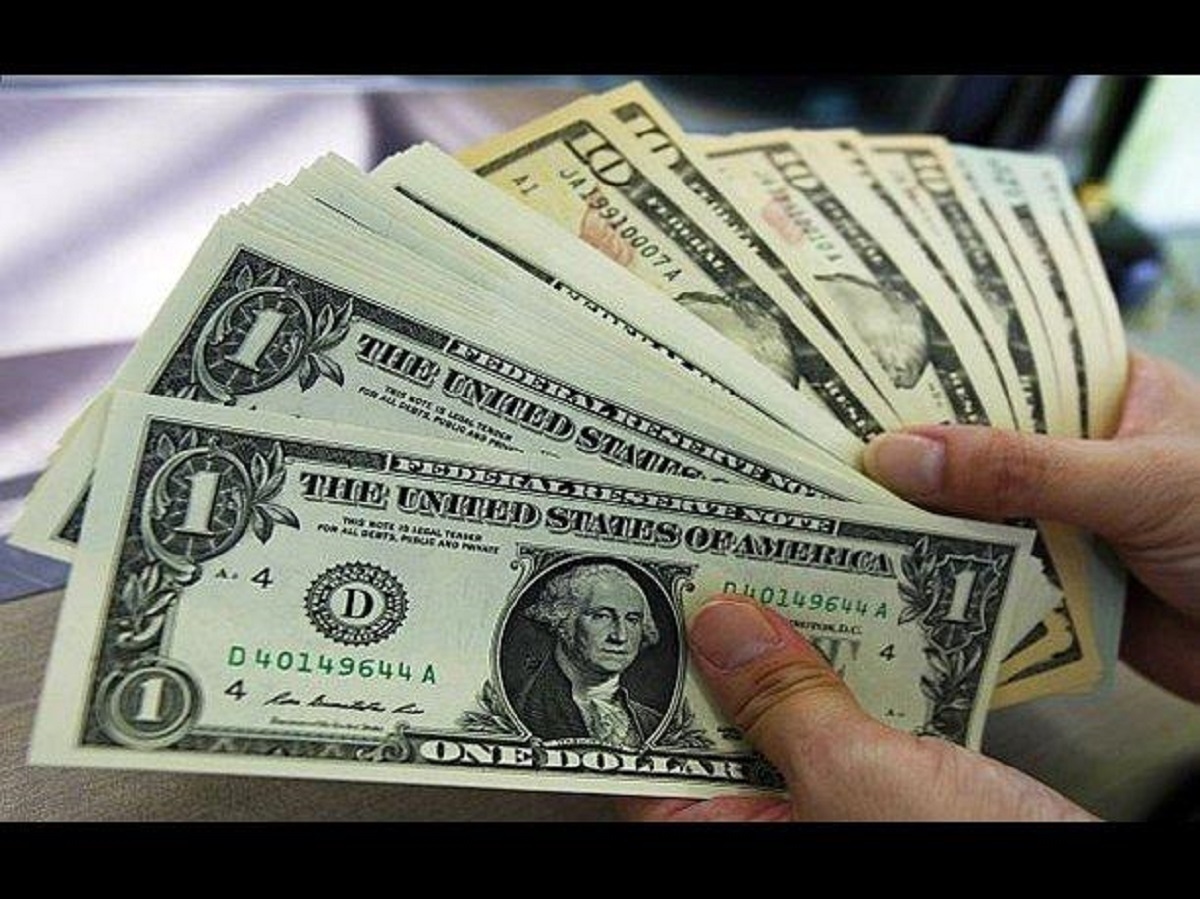Not even Trump's bailout calms the Argentine peso: turbulent days before the elections

A joke is circulating these days in Argentina : in the end, it wasn't about dollarizing Latin America's third-largest economy, but rather about peso-izing the United States ' economy. This joke came amid turbulent days in which Treasury Secretary Scott Bessent began to suffer what so many Argentine presidents and ministers have known for decades: the Argentine economy is a species apart, an animal as surprising as it is uncontrollable.
"The use of the Exchange Rate Stabilization Fund [ESF] provides specific support to a key ally that has promoted fiscally responsible policies and economic freedom for its citizens," argued Bessent this week, who has become the reference for Argentine financial markets, above Economy Minister Luis Caputo , Central Bank President Santiago Bausili , and President Javier Milei himself.
Bessent usually posts messages on X (formerly Twitter) minutes before the opening of Argentine financial markets. The power of being the head of an economy with a GDP of $29 trillion while also assisting one with a GDP of $633 billion was evident at the beginning of this strategy: to appease the Argentine economy from Washington. But as the weeks went by, the Treasury's interventions by buying Argentine pesos were increasingly less effective. The Treasury bought pesos, and the value of the dollar rose anyway, reaching 1,500 pesos. And if the dollar rises, the Argentine economy and governments creak.
The US support for Argentina is unprecedented, includes dramatic statements from Trump ("they are dying, they are fighting to survive") and involves a $20 billion currency swap , an equivalent amount raised by private banks, purchases of sovereign bonds, a quadrupling of Argentine beef purchases, the closing of a profitable trade deal for Buenos Aires and a "storm" of investments in sectors such as mining, energy and Artificial Intelligence (AI).
"It's a very bold bet by Milei," political analyst Andrés Malamud told EL MUNDO .
The problem for Milei is that this aid, still haphazard in its forms and vague in its specific content, comes at a time of greatest political and economic weakness, just ahead of the elections this Sunday the 26th, a midterm election in which the outcome is shaping up to be much worse than what was expected a few months ago.
It all unfolded precisely on the days when Milei presented a book about the "Argentine miracle" he claims to have achieved. The Financial Times believes that miracle, if it existed, is in jeopardy: "After a relatively successful first 18 months, in which he managed to control severe inflation, balance the budget, and relax long-standing monetary controls, analysts say recent political and economic missteps have seriously weakened his government and jeopardized its reformist drive toward free markets."
These doubts are reflected in the untamable dollar, as analyst Carlos Pagni recently pointed out in La Nación : "The uncertainty is so acute that Bessent, with his infinite desire to help, is unable to stop the dollar's upward march (...). This is a crucial issue. The alteration or calm of the exchange market is always the most important signal of political order ."
Economist Ricardo Arriazu, who supports Milei's government, is clear about what will happen if the polls turn against Milei: " If the elections go poorly, US support will end, and the dollar will plummet to all levels. And if he wins, it will fall."
Argentina's economic stability hangs in the balance, not only because of the mistakes made by Milei and his team, but also because of the political battle in the United States. Bessent, whom Nobel Prize winner in Economics Paul Krugman accused of using Argentina's bailout as a cover for what is actually a lifeline for his investor friends, is under fire from the Democratic opposition, but is also viewed with suspicion by Republican voters.
Media outlets such as Politico , Bloomberg , and CNN agreed this week that Argentina will go from exporting 20,000 tons annually to the United States to quadrupling that figure. This development led Agriculture Secretary Brooke Rollins to assert that Argentina has a foot-and-mouth disease problem, which is untrue, but which serves to complicate the agreement.
Meanwhile, Senator Elizabeth Warren , whom Bessent accuses of being a "Peronist" and a "furious leftist," argues that aid to Argentina does not appear to be sufficient to stabilize the country and calls for an end to sending money to Buenos Aires.
"The transaction, which promised to benefit large fund managers and wealthy investors at the expense of American farmers and taxpayers, was widely understood to be a move designed to boost President Milei, a personal friend of President Trump, amid the nation's midterm elections," Warren wrote in an excerpt from her letter.
The problem for Milei, however, isn't the open battle posed by Warren and other sectors of American politics. No, the danger for the Argentine president is that his counterpart will grow tired of assisting a country he has already publicly defined as "not very important," turn the page, and leave the Casa Rosada alone facing the danger.
It wouldn't be the first time: Washington's lack of interest already occurred in 2001 , the prologue and trigger for the great Argentine crisis at the beginning of the century.
elmundo





